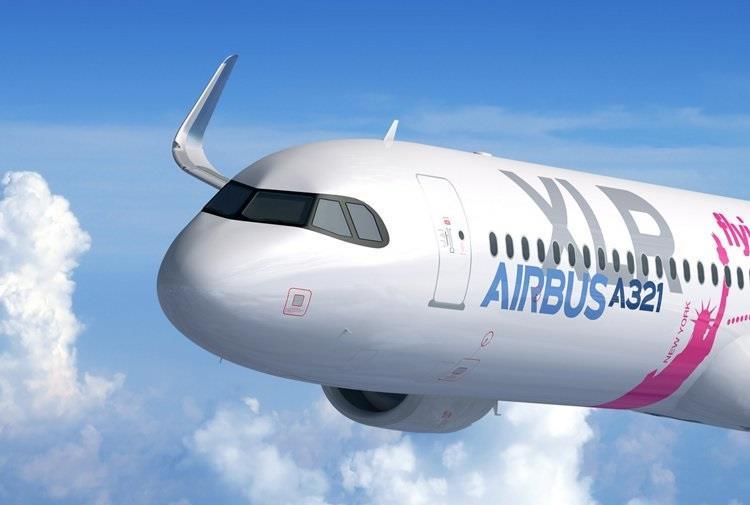A firm commitment for 40 aircraft – 20 A321XLR and 20 A220 aircraft – is expected to be placed with Airbus by the end of 2022, following a final decision by the Qantas Board.
The airline will also have a further purchase right for 94 aircraft over a 10-plus year delivery window as its existing Boeing 737-800s and 717s are gradually phased out.
The order is in addition to Jetstar’s existing agreement with Airbus for over 100 aircraft in the A320neo family. Part of this new deal includes combining these two orders so that the Group can draw down on a total of 299 deliveries across both the A320 and A220 families as needed over the next decade and beyond for Qantas, QantasLink and Jetstar.
Once finalized, this will represent the largest aircraft order in Australian aviation history. The airline stated that it made a detailed evaluation of the A320neo and B737 MAX families as well as the smaller A220 and Embraer E190/195-E2 jets before reaching a conclusion about the new aircraft types to be added.
The initial firm order concentrates on the larger, single-aisle A321XLR, and the mid-size A220-300 with purchase-right options for the smaller A220-100, giving Qantas a fleet mix that can deliver better network choices and route economics.
The XLR can carry around 15 percent more passengers on each flight than the airline’s existing B737-800s, making it well suited to busy routes between capital cities like Melbourne, Sydney, and Brisbane. Its longer range means it can also be used to open up new city pairs.
The small and medium-size A220s provide the Group with the flexibility to deploy these aircraft throughout most of its domestic and regional operations. They could be used during off-peak times between major cities and on key regional routes to increase frequency.
Both aircraft types will be powered by Pratt & Whitney GTF™ engines and will deliver fuel savings of between 15-20 percent, contributing to the airline’s broader emission reduction efforts.

